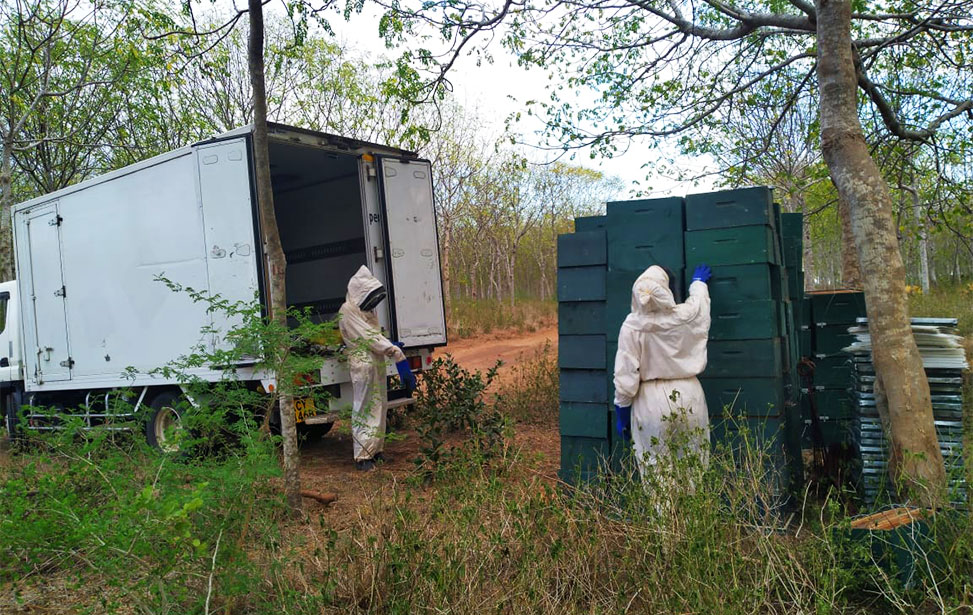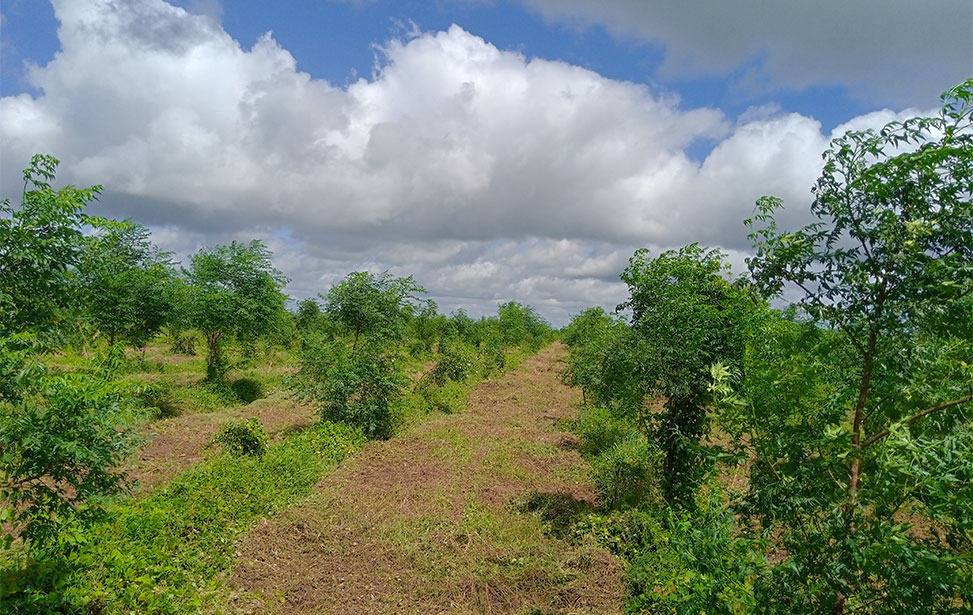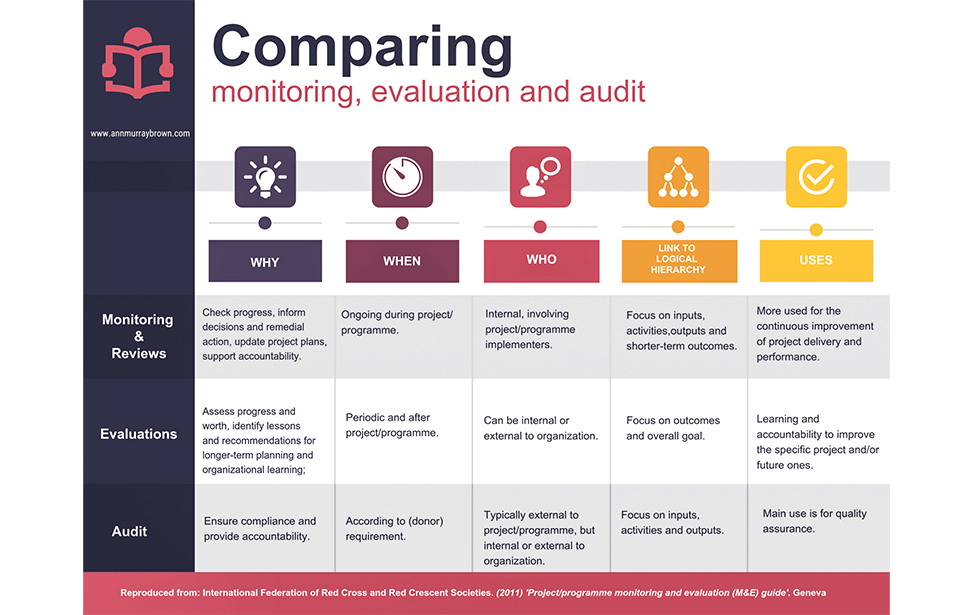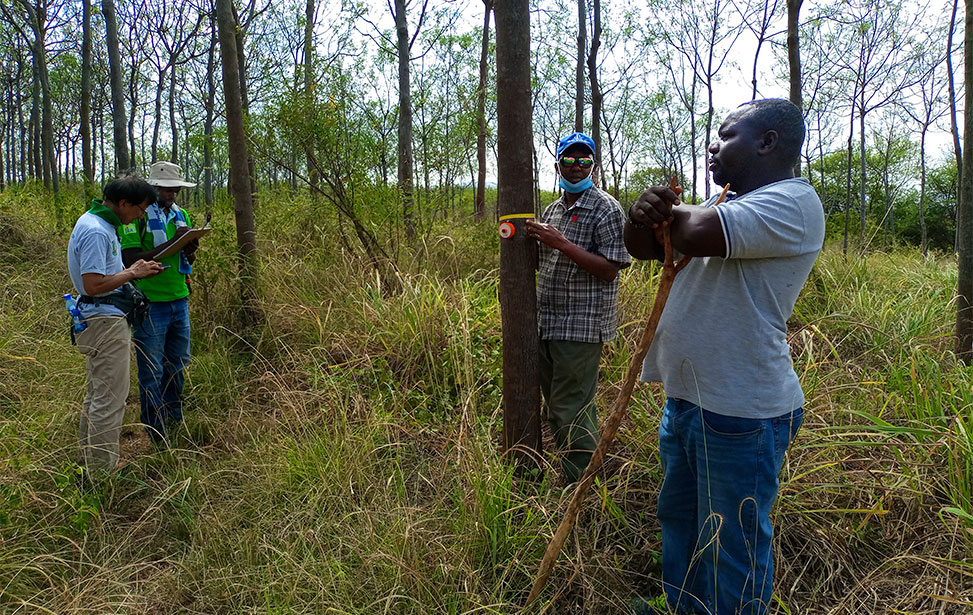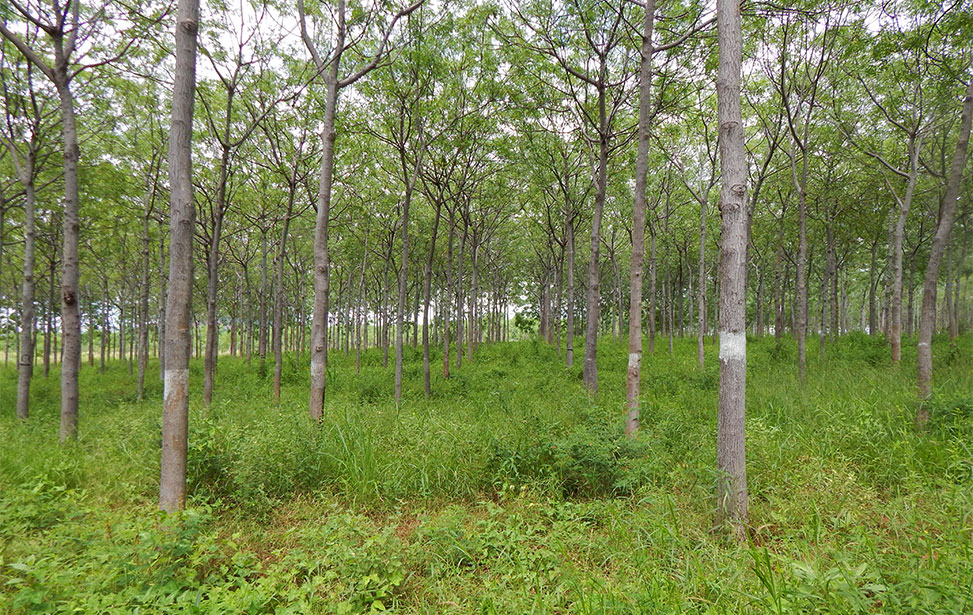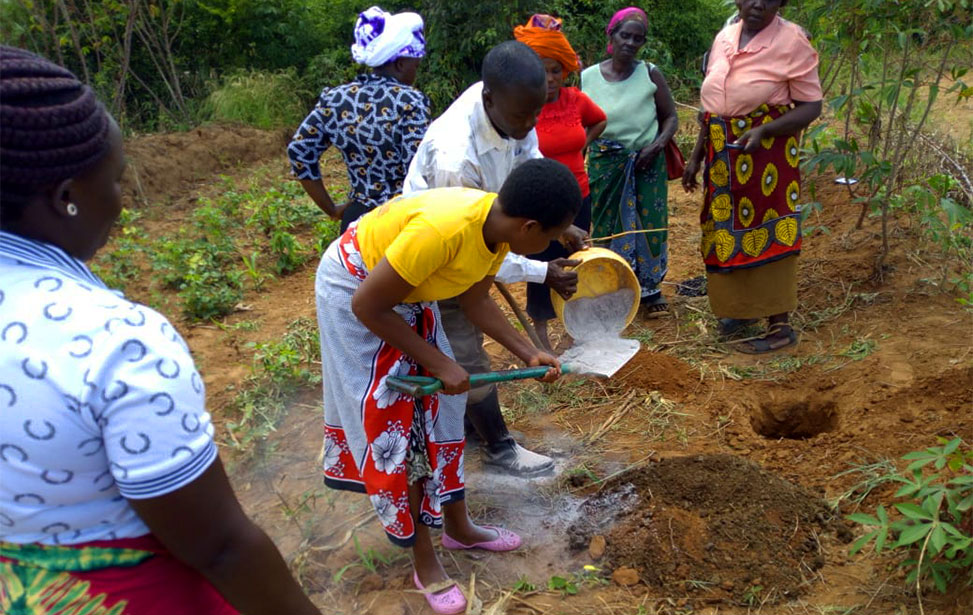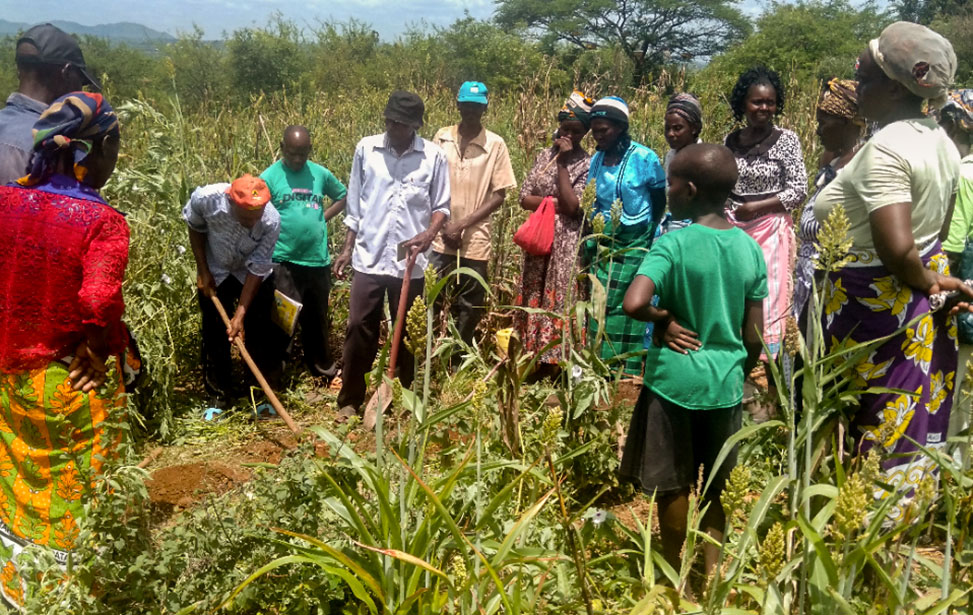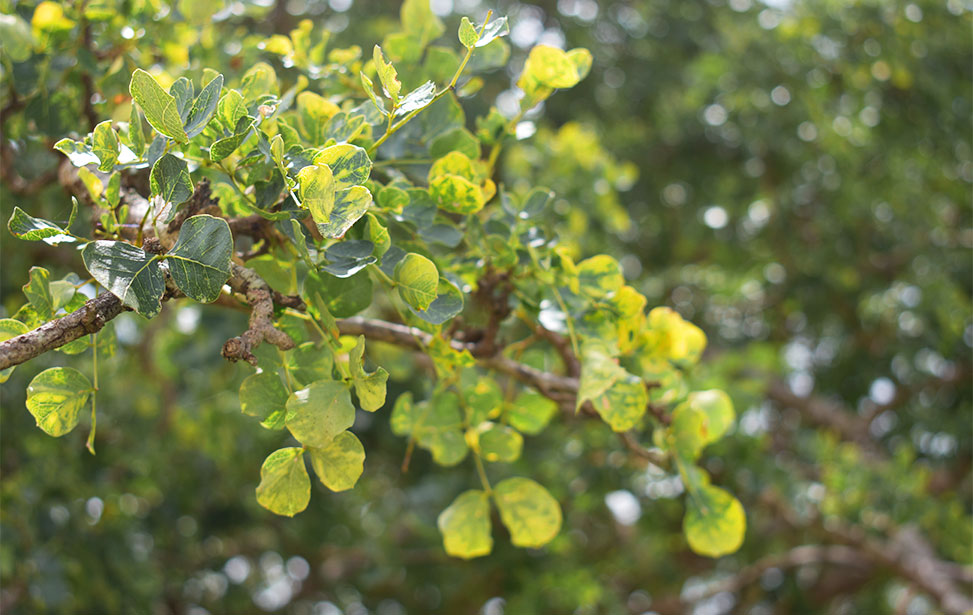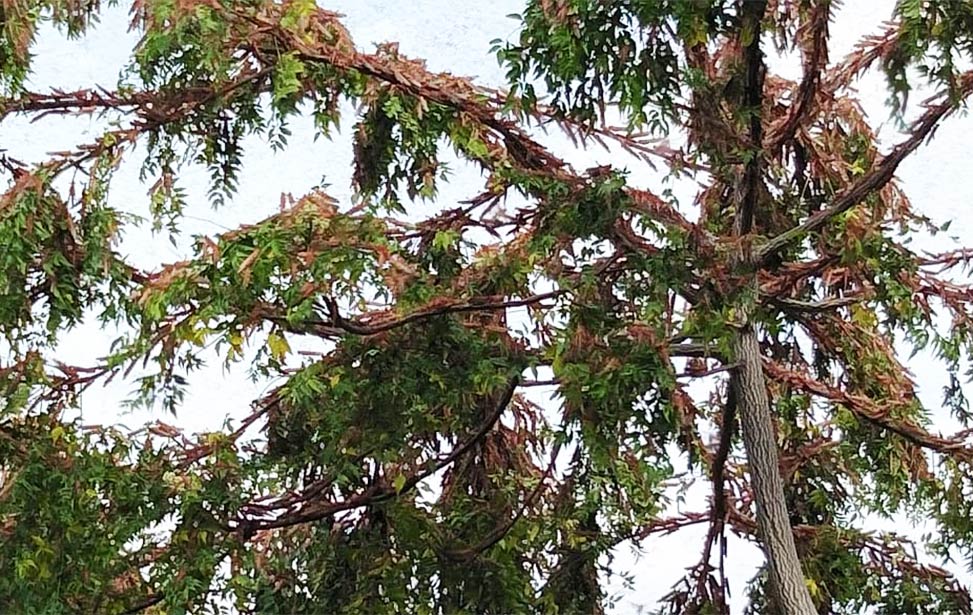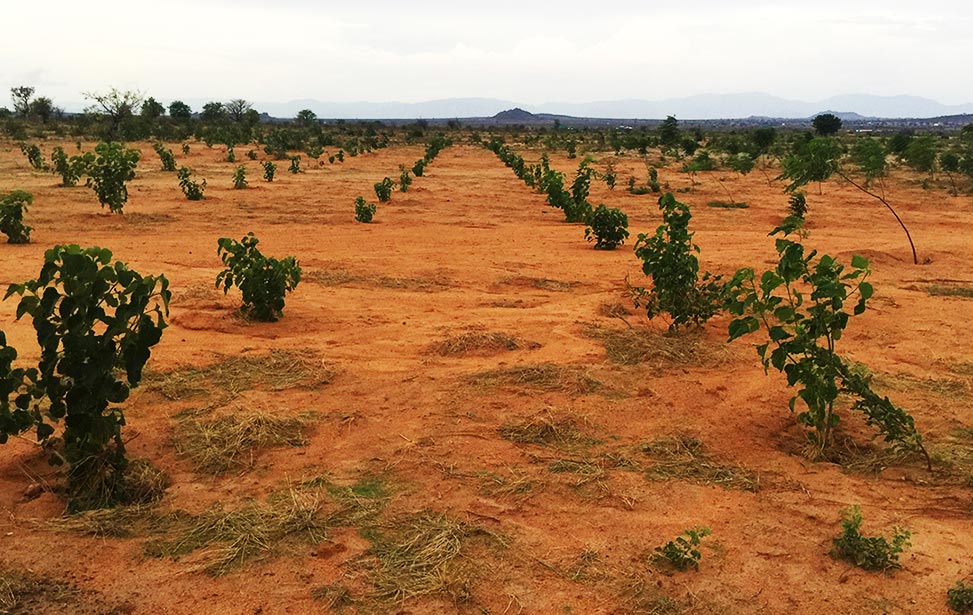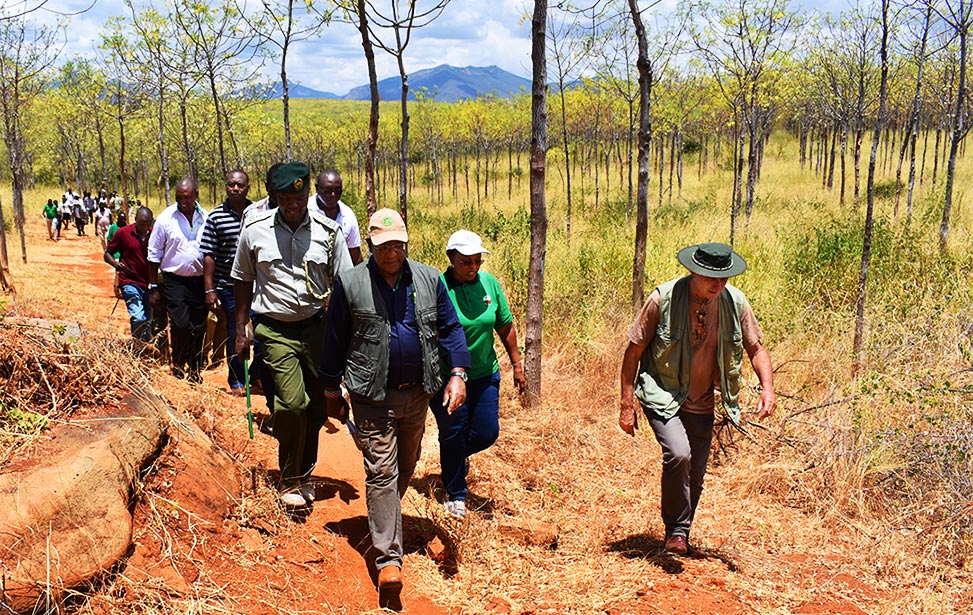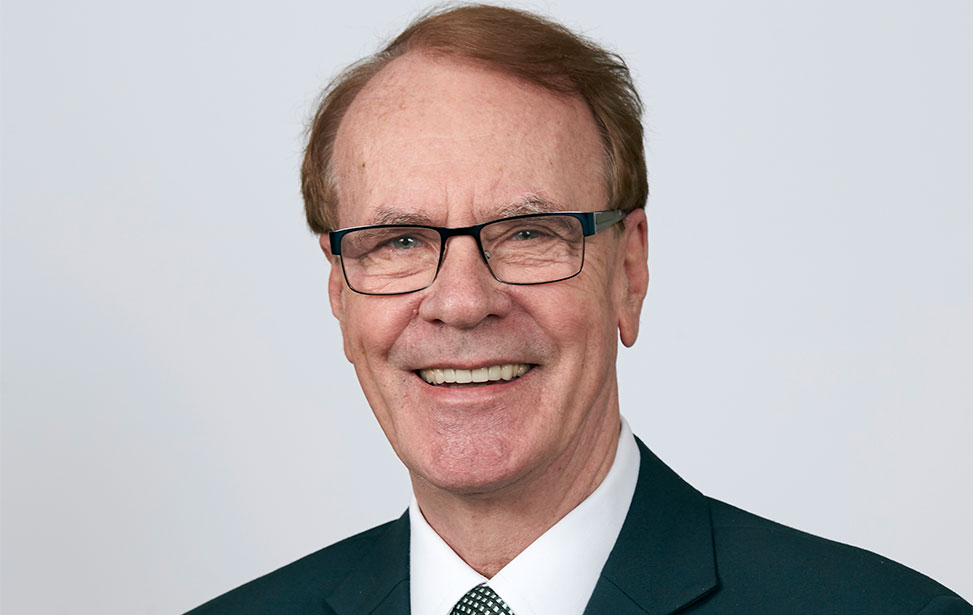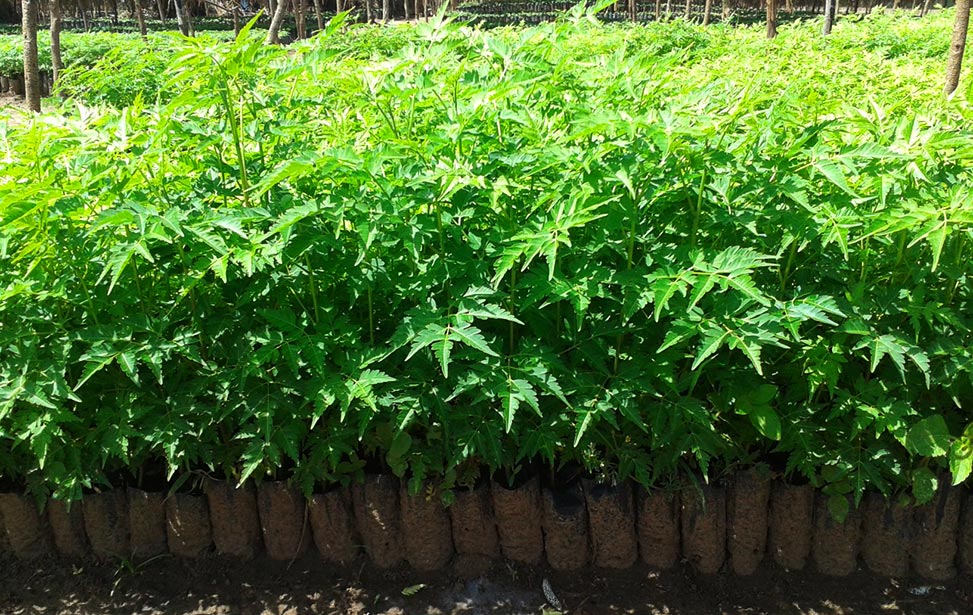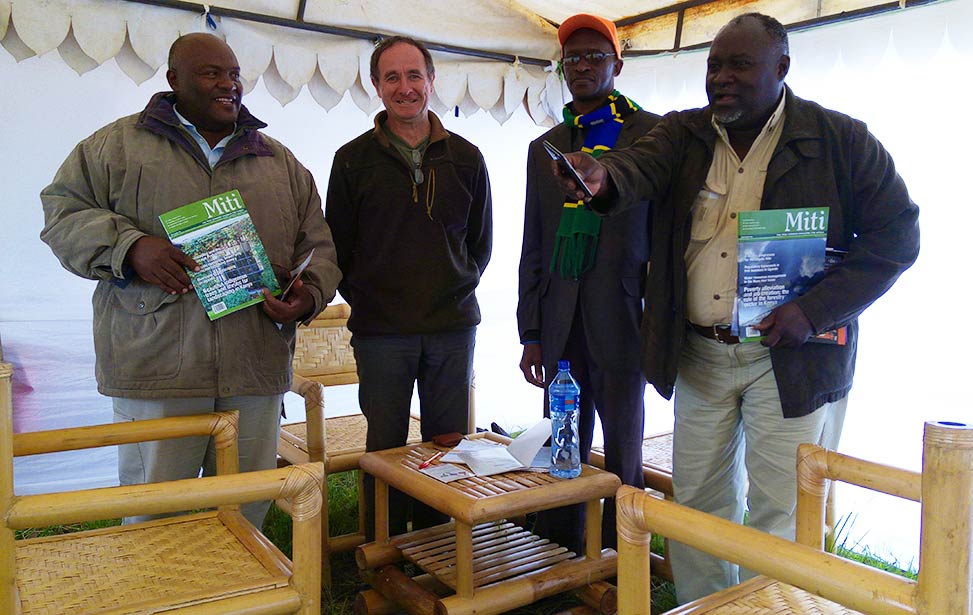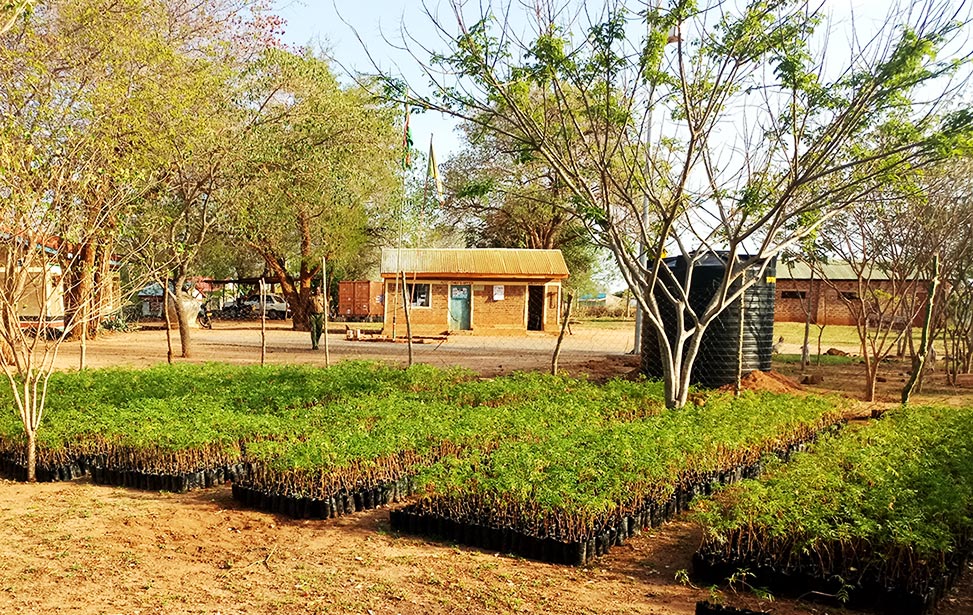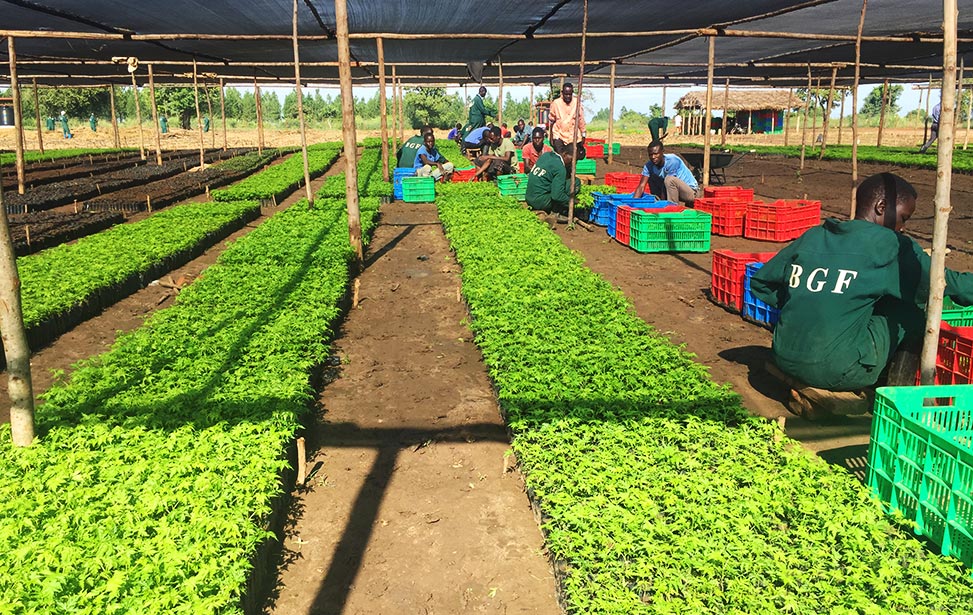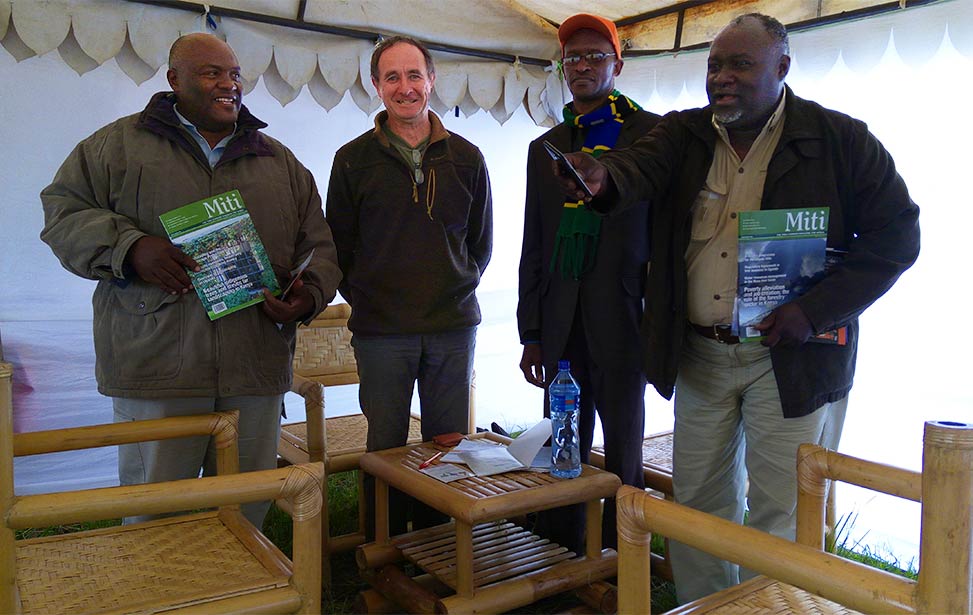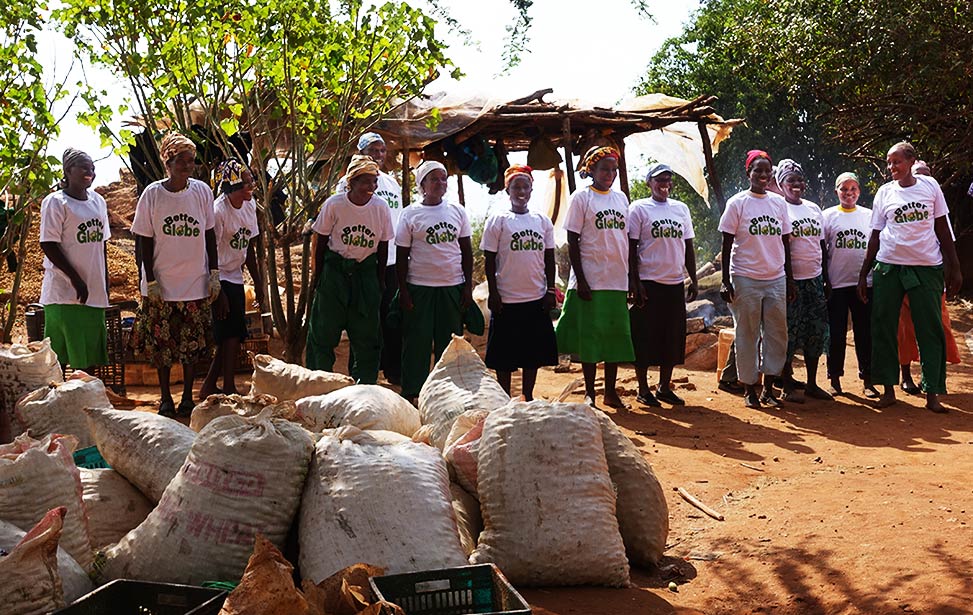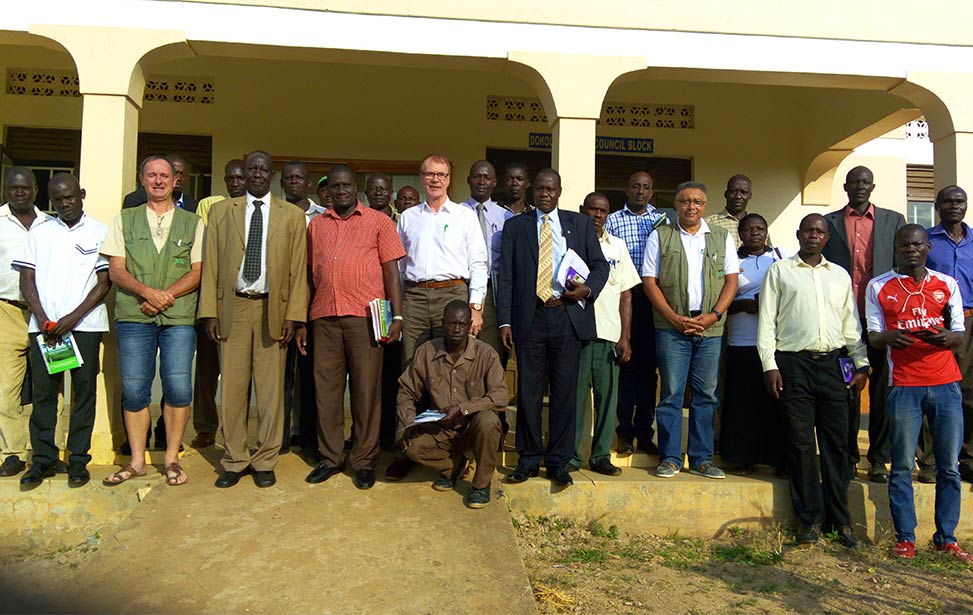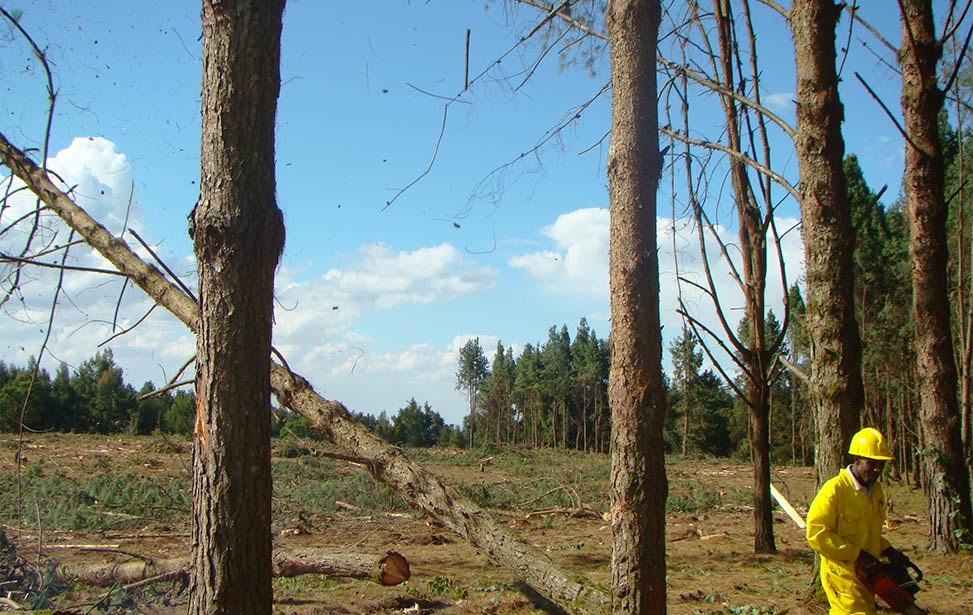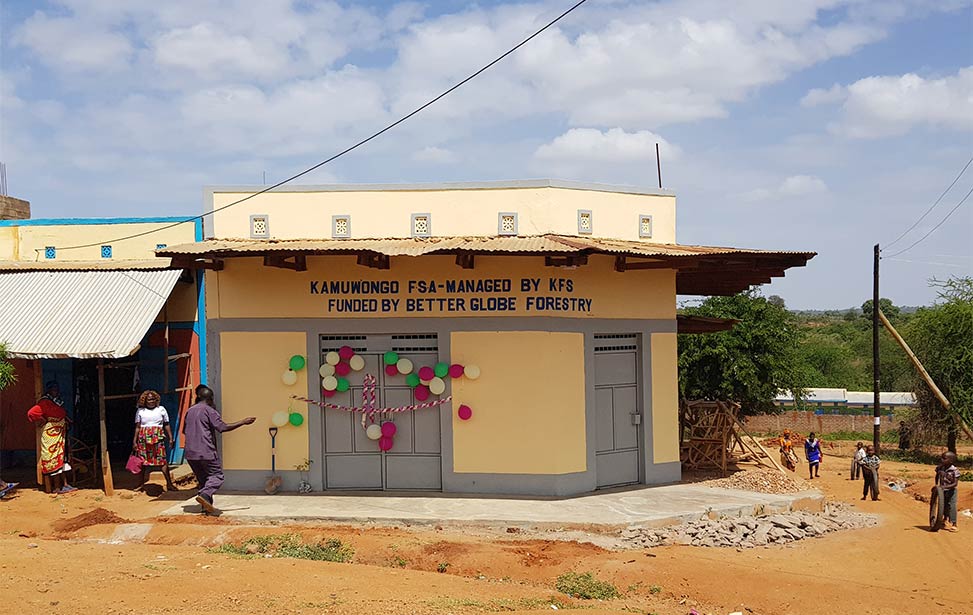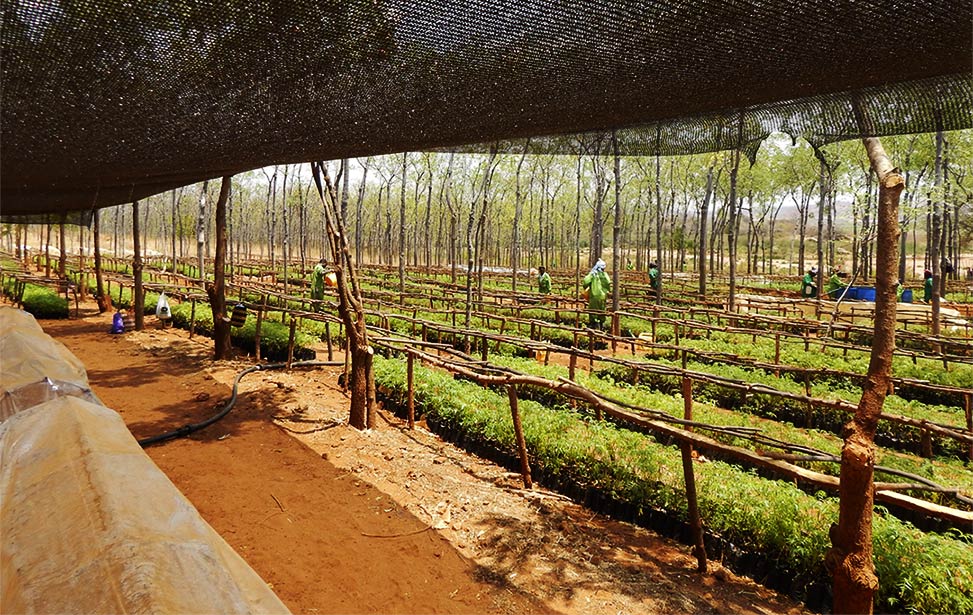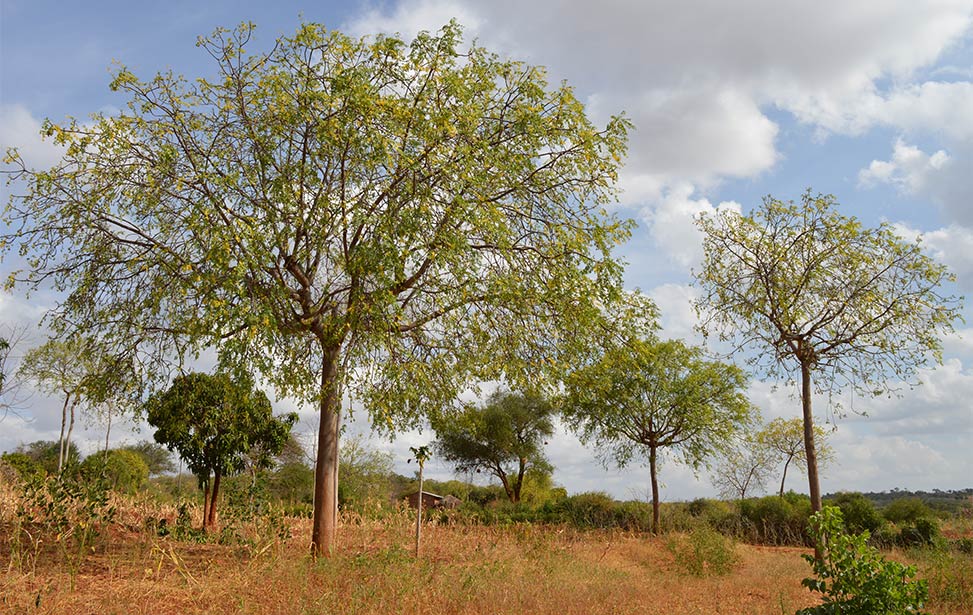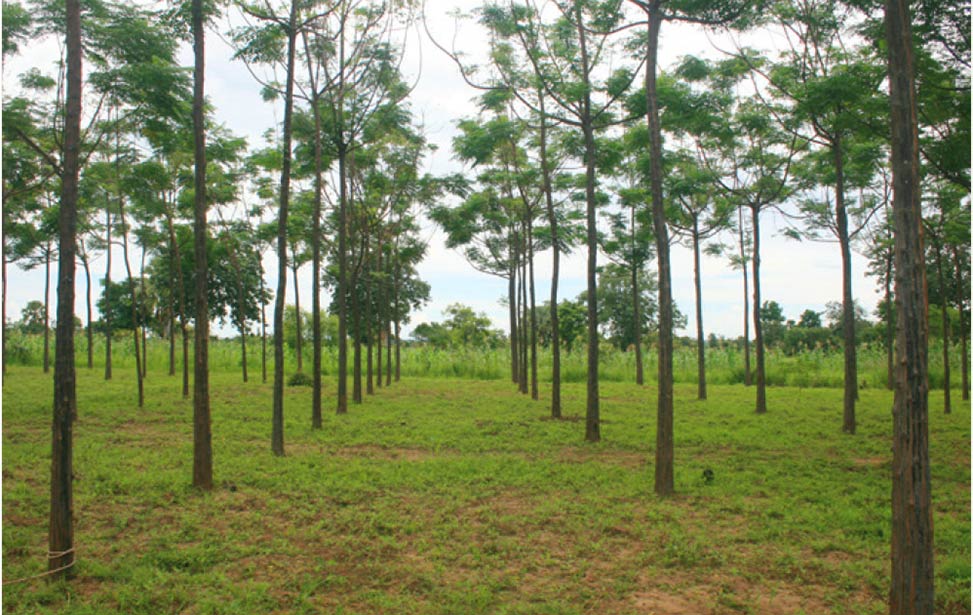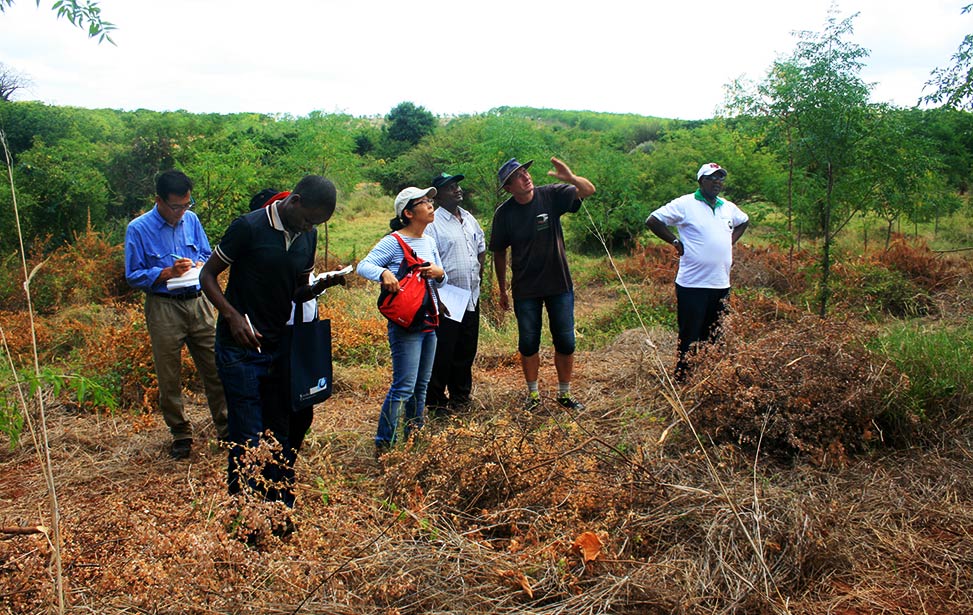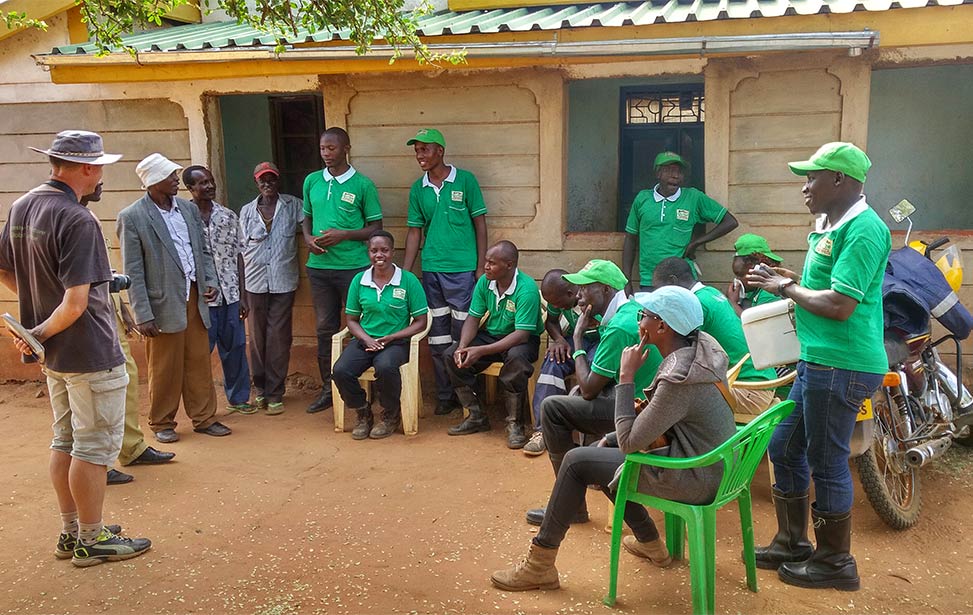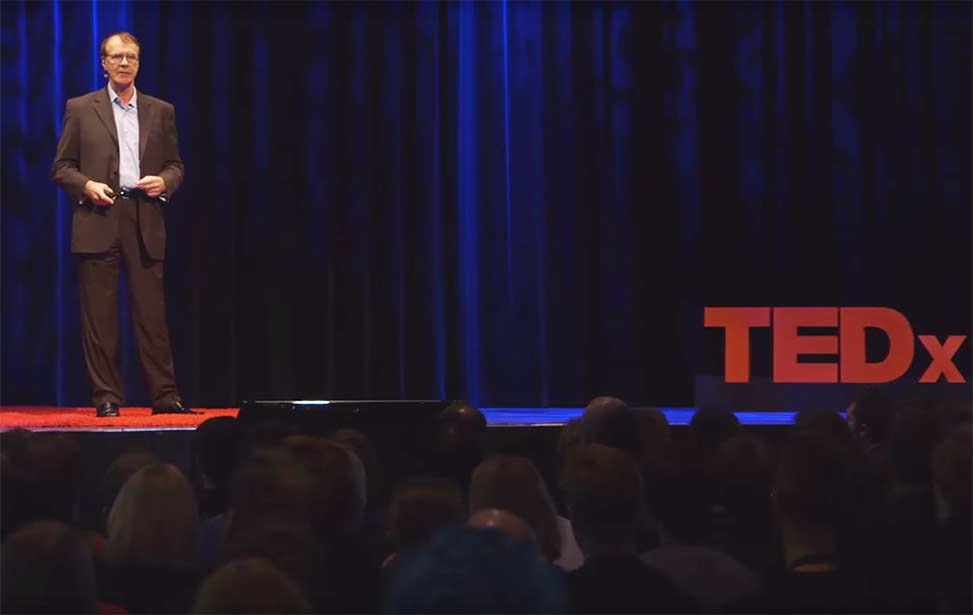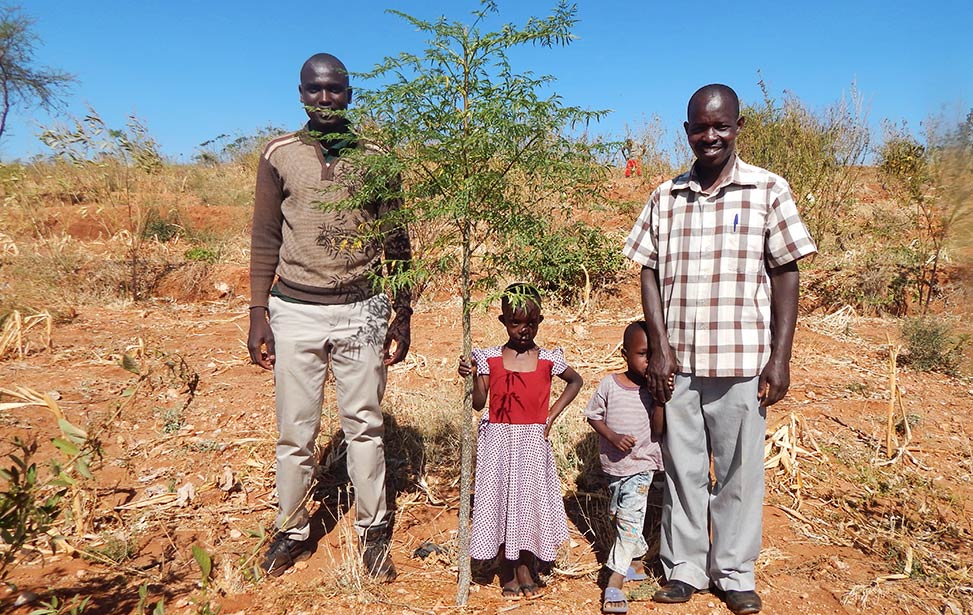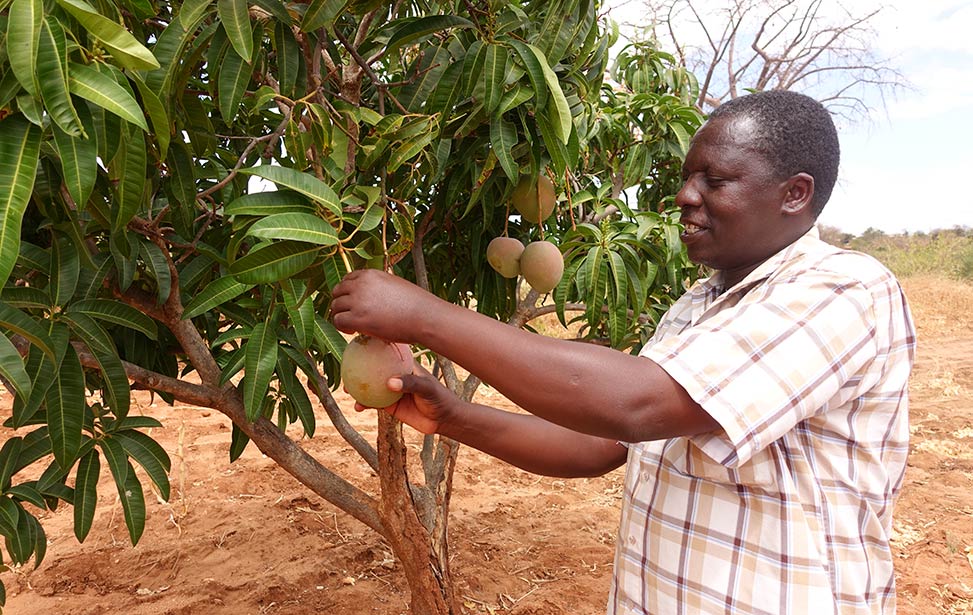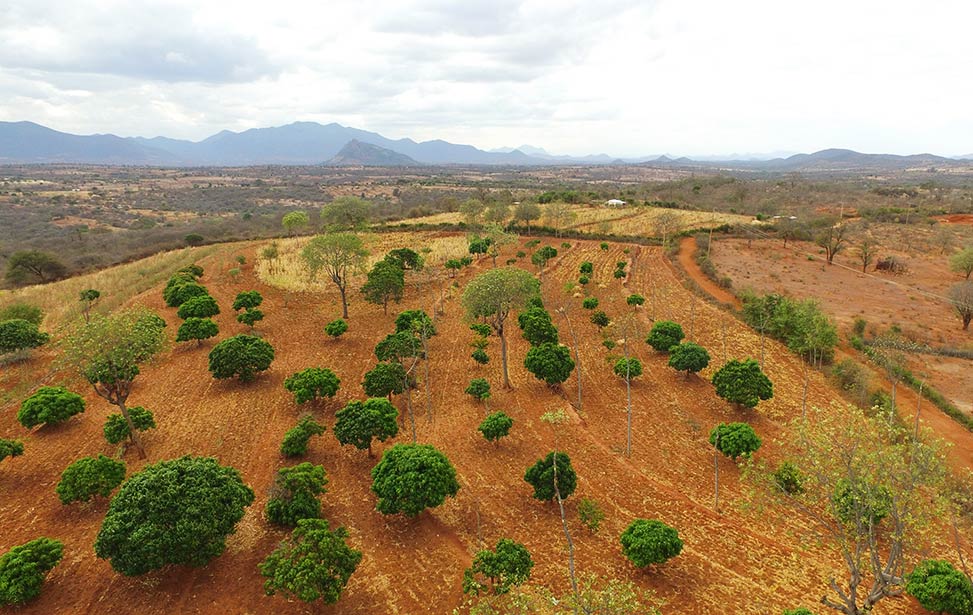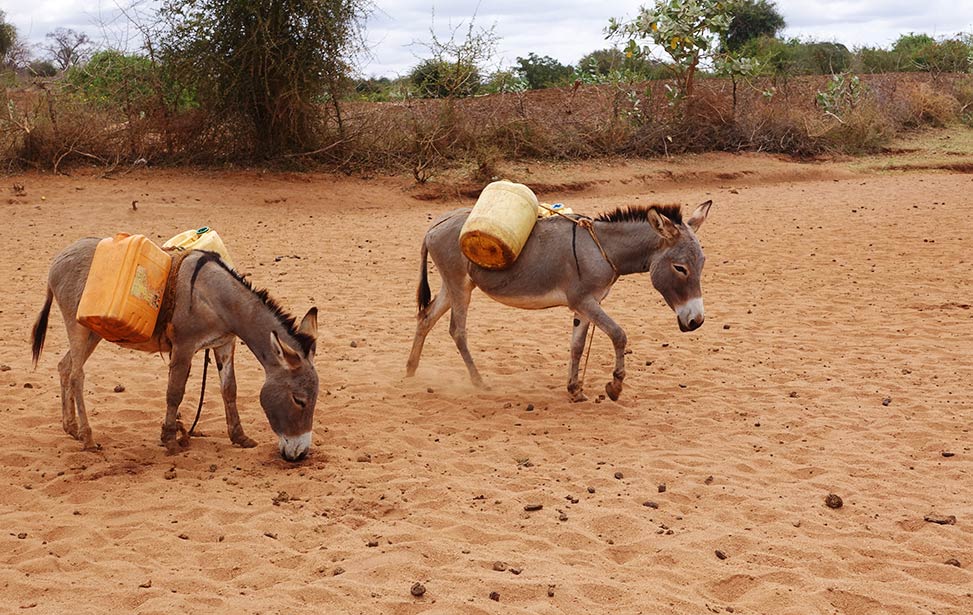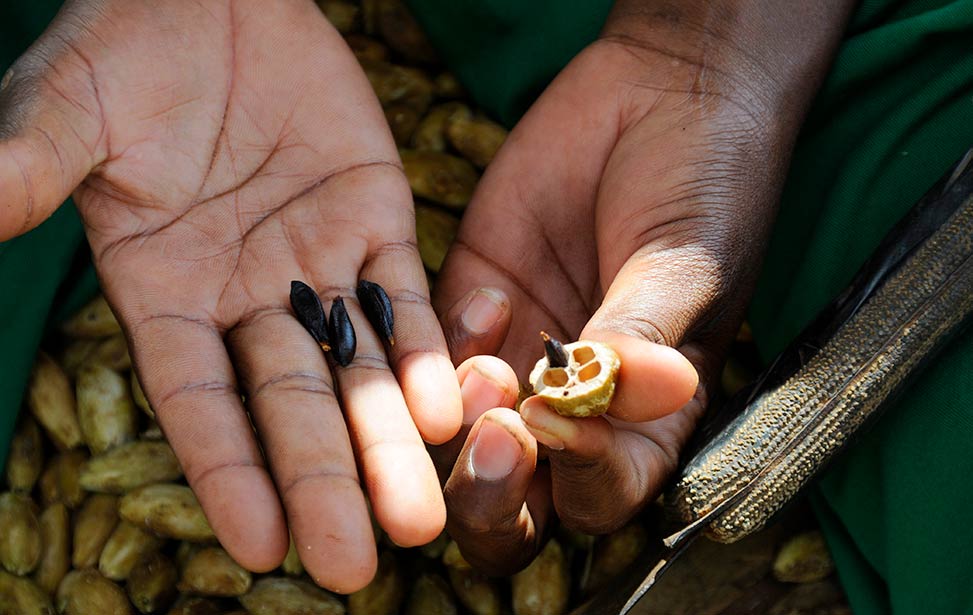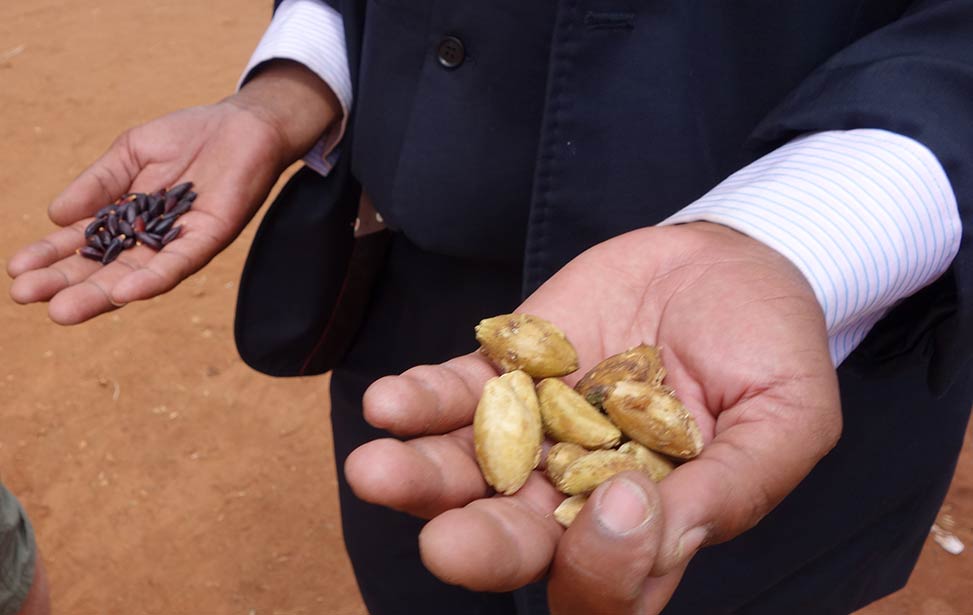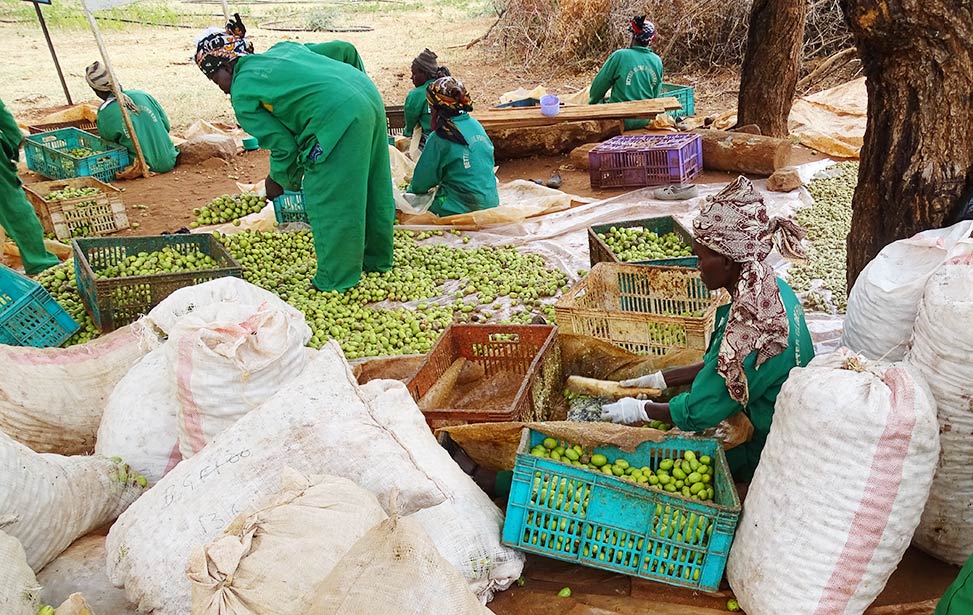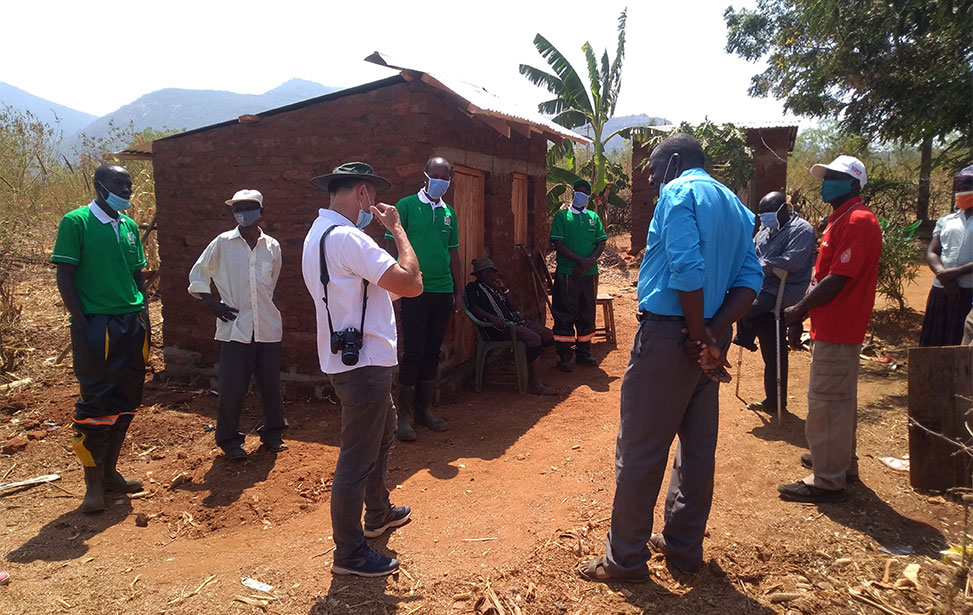
Farmer Attitude Change
- John Njenga, 7-Forks Farmers Program Site Manager
Tuesday is a busy day here at Kamuwongo. The crowds from surrounding villages surge to this central open-air market to buy or sell products ranging from goats, food stuff, clothing, and a variety of household goods. It is blazing hot this afternoon, but this does not deter the enthusiastic sellers and willing buyers from exchanging their wares and money.
I am privileged to interact with the Chief of Kamuwongo location, Madam Mary Mwende Muli, who happens to be an active Better Globe Forestry partner farmer. As we chat under a Melia volkensii (mukau) tree outside her office, I am interested to know how the program has impacted the community.
As an administrator, she says her location has significantly changed from the inception of the program. Residents did not believe in agroforestry due to the harsh climatic conditions, because of their mentality that trees are meant for highlands. Many locals subscribed to the notion that trees in lowlands result from natural regeneration and not from seedlings.
.jpg)
A section of Simon Muli's farm (well-pruned mukau)
Photo courtesy: Better Globe Forestry
Today, she is proud that Better Globe Forestry’s outgrowers program has changed livelihoods in many households in her location, as about 60 percent of the farmer households in her location are enrolled in the outgrowers program. Most of the small-scale farmers depended on government food relief in 2015 and before. As of now, her location no longer receives food relief because there is enough food.
Better Globe Forestry’s outgrowers program has trained farmers in modern agricultural methodology with components of conservation in agriculture, and soil and water conservation. 70 percent of Better Globe Forestry’s partner farmers have applied the teachings regarding the soil and water conservation and improved their land. Various income-generating activities raised the optimism of the residents for a better tomorrow that is food secure.
The Chief is grateful to Better Globe Forestry for involving the government through chiefs in the signing of contracts, as this eliminates brokerage as well as creating transparency. Better Globe Forestry agroforestry agents (AAs) have been assimilated into her community and they interact well with the residents. She hails the model and sees how planting trees is creating wealth and greatly reduces idleness.

Although not every resident has embraced the program, she is positive that its impact will gradually draw in more and more locals. As we part ways, I can walk with my head high hoping that more leaders will embrace the program and support Better Globe Forestry’s vision and mission of eradicating poverty and planting many trees.
Next, I ride to Ngungani village to meet Simon Muli, one of our pioneer farmers. He was contracted in 2015 and then received 400 mukau seedlings. Because of his love for the program, he has grown leaps and bounds and now has over 1200 trees. He takes me down memory lane of when the program was initiated in the area.
Most of the farms then had no fences and the land was degraded due to soil erosion. Farmers practiced subsistence farming by growing green grams, cowpeas, and rearing goats. Some mukau trees sprouted from the wild and they had no idea that mukau was good for agroforestry.
In those days, Chief’s barazas were the major platforms used to sensitize the farmers, and only a handful would be listed.
Currently, he says things have completely changed. Groups are now village-centered, and meetings are consistent. Trainings are more practical and frequent and, in most cases, farmer oriented. The current farmer is more enlightened in many ways from the start. During recruitment, a suitability test is first conducted before contracting. In most cases, interested members first join an existing group before actual recruitment, meaning a farmer first understands every aspect of the program from the beginning since all trainings are administered in groups.
Meeting turnouts are high because Better Globe Forestry supports groups with a token attendance fee that members loan among themselves, thus creating a pool in which individual financial problems are solved and a reason for immediate benefits. In addition, a village bank funded by Better Globe Forestry provides farmers with micro-loans uplifting their livelihoods. As I walk through his well-protected and maintained farm, I cannot help but admire his optimism. He has come a long way and the developments are evident.
-explaining-a-point-to-EDF..jpg)
Simon Muli (seen in blue shirt) speaking with the Executive Director of Forestry, Jan Vandenabeele
Photo courtesy: Better Globe Forestry

